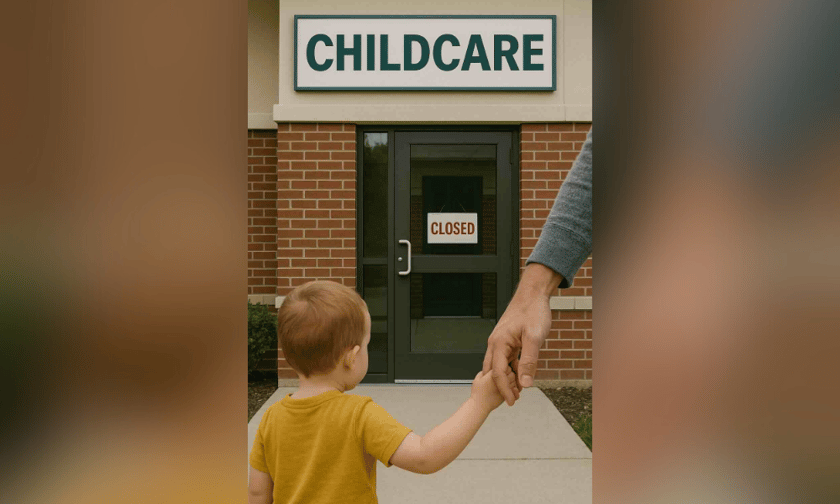

Illinois lawmakers have launched a formal effort to address a quietly building crisis that advocates say could soon overwhelm the state’s already-strained foster care system. At the heart of the issue: the disappearance of liability insurance for the private agencies that care for the vast majority of the state’s foster children.
A new resolution, House Joint Resolution 24, establishes the Child Welfare Agency Liability Task Force, charged with developing a permanent solution to the liability insurance shortfall that has shaken the foundations of Illinois’ child welfare system. The urgency is clear: without a fix, hundreds - perhaps thousands - of foster youth may be displaced as agencies lose the insurance coverage required to operate.
The stakes are high. Nearly 70% of Illinois’ more than 18,000 foster children are cared for by community-based, not-for-profit agencies operating under state contract. These organizations must maintain liability insurance to continue serving children. Yet, the market for such insurance has all but evaporated. Two remaining insurers plan to stop writing new policies in 2025 and are only selectively renewing existing ones—often at staggering rate increases and with severely diminished coverage.
The result, according to the resolution, is that agencies are now preparing to scale back operations—or close entirely. With no safety net in place, children may be returned to the direct supervision of the Illinois Department of Children and Family Services (DCFS), which insiders warn is neither equipped nor budgeted to handle the influx.
Under normal circumstances, DCFS could transition children to other providers. But with so many agencies facing similar insurance barriers, that option is quickly vanishing. The ripple effects are severe: longer placements, loss of foster families, and deeper strain on an already burdened system.
Advocates say Illinois’ crisis is part of a growing national trend. California is facing its own insurance “cliff” this summer, where many private foster care agencies are expected to lose coverage. Now, that wave appears to be hitting Illinois.
“It’s kind of cascading across the country,” one source told the Chicago Sun-Times. And while advocates have long warned of this problem, they say the political system is only now starting to pay attention.
Two bills introduced earlier this year - House Bill 3138 and Senate Bill 1696 - attempted a short-term fix by offering two-year civil liability immunity to foster care agencies and their employees, unless their actions were found to be “willful and wanton.” But the proposals have stalled under pressure from the politically powerful Illinois Trial Lawyers Association, which argues such immunity would deny justice to abused children.
“Foster youth in care are among the most vulnerable within our communities,” said Jim Collins, the association’s executive director. “Proposals that reduce or erode access to justice for youth victims are as misguided as they are unjust.”
With the legislation in limbo, lawmakers have turned to a task force model, aiming to bring all stakeholders to the table - including the Department of Insurance, DCFS, insurers, legal advocates, and child welfare organizations. The group is expected to begin meeting within 30 days of all appointments and must submit a final report by December 2026.
Advocates like Andrea Durbin, CEO of the Illinois Collaboration on Youth, say this kind of cross-sector conversation is essential. “People are trying to come together, at least, to figure out what can we do in the short run and what can we do in the long run,” she told reporters.
One idea under discussion: shifting liability for private foster care agencies to the Illinois Court of Claims, where damages are capped at $2 million. But that proposal has met resistance from the state’s attorney general’s office, citing staffing constraints - an argument advocates reject.
“This isn’t just a DCFS problem,” said Rep. Suzanne Ness, D-Crystal Lake, the House sponsor of the liability immunity bill. “It’s also an insurance problem. And if we don’t figure it out, these kids are going to be disrupted again.”
Whether Illinois can avoid that disruption depends now on the work of the newly-formed task force - and how quickly lawmakers, insurers, and advocates can find common ground in a high-stakes policy battle with vulnerable children at its center.
